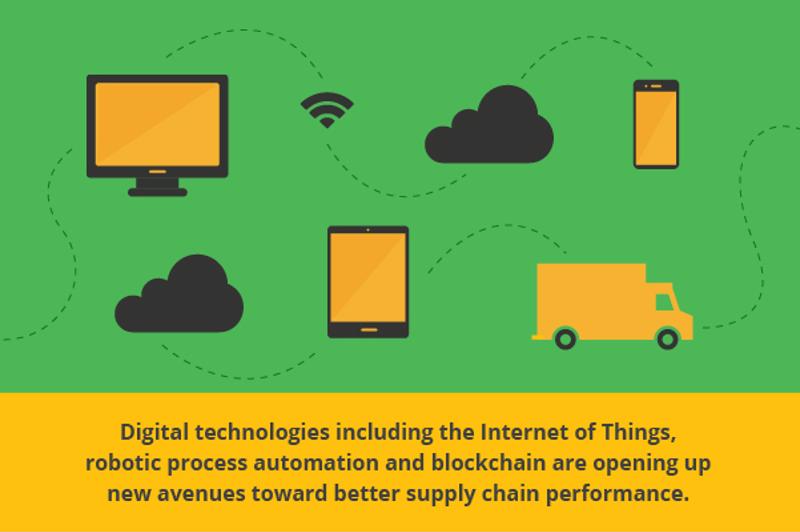Managed IT services make life easier for enterprise and small and medium-sized businesses. By entrusting critical technical functions to experienced third-party providers, organizations often get more reliable service with the added benefit of less overhead. It’s a similar level of convenience to transitioning key infrastructure from an on-premises environment into a cloud-based equivalent.
Demand for managed services has been robust in recent years as companies look to shore up their capabilities in every domain from network security and networking to supply chain management and ERP. A 2018 survey from Clutch.co found that 69% of SMBs enlisted the help of at least one managed IT service provider. In a separate survey by Microsoft, some of the major reasons cited by SMBs for their consumption of managed services included:
- Working within tight budgetary constraints.
- Gaining peace of mind about IT functions.
- Boosting their overall cybersecurity.
- Keeping up with rapid technological change.
To get a better sense of why managed services are front and center in modern IT, let’s dive deep into four examples of successful managed services:
1. Supply chain management
Supply chains are in the mist of a major transformation. Digital technologies including the Internet of Things, robotic process automation and blockchain are opening up new avenues toward better supply chain performance. To fully harness their power, many companies turn to experienced managed services providers to help overhaul existing infrastructure and processes and form new connections to cloud platforms.
Inspirage provided such a lift to a 3PL based in the Kingdom of Saudi Arabia. This 3PL was supporting a global furniture supply chain and required more scalable operations. With Inspirage’s help, it implemented new cloud apps for functions such as warehousing, trade management and and business intelligence.
You can check out the full case study here.
2. Enterprise resource planning
ERP systems are the backbones of everyday business operations – or at least, that’s what their intended to be. Many implementations are so complex and difficult to manage that they eventually end up causing immense trouble, as we chronicled in an entire post about ERP disasters. Plus, the ongoing shift toward cloud ERP complicates the picture, as a botched transition can set a company back for months or even years.
Inspirage took on a complex ERP project for an industrial manufacturer specializing in heavy machinery. The firm’s existing configure-to-order system was complicated an in need of an upgrade so that it could be synchronized with other applications across the business. Building a new solution on the Oracle Cloud provided exactly what the manufacturer needed.
Read more about the ERP reconfiguration on this page.
3. Logistics and analytics
The drive to deliver better customer service is one of the main reasons that many organizations move their business functions into the cloud. To reach this goal, though, they need an integrated logistics solution enabled by a platform such as the Oracle Cloud.
More specifically, the Oracle Logistics Cloud brings together analytics and data-rich dashboards with applications such as warehouse management, global trade and transportation, allowing for more consistent fulfillment and performance across a supply chain. This integrated setup provides a pivotal advantage in responding to customer demands such as placing an order online, picking it up at a brick-and-mortar store and then following up with a service request via phone or live chat.
Switching to a hosted solution with managed services for logistics can yield major benefits. In its eBook on logistics, Oracle cites the example of Panduit, a global manufacturer that reduced its transportation costs by 15% after it implemented OTM. Automated freight billing, payment and auditing processes also brought overhead down by 20%.
The entire ebook is worth a look for more examples like this one.

4. Sustainability consulting and guidance
How can supply chains be made more sustainable? Both businesses and consumers benefit from a renewed focus on environmentally friendly transportation and operations, but making a supply chain greener requires a multi-phase process that looks for opportunities across logistics management, product lifecycle management, sales and operations planning, ERP and more.
More than three-quarters of consumers would be willing to wait another day on their shipments if the items were delivered via environmentally friendly transportation, such as hybrid or battery-powered vehicles. For supply chain organizations, the switch to greener modes of transport can curb one of their larger operational expenses, namely fuel purchases, which are typically topped only by labor costs.
Managed services can help in creating a roadmap toward sustainability, complete with superior logistics management and cloud services that improve efficiency through the conservation of fuel, electricity and IT infrastructure. Environmentally friendly organizations, buoyed by the power of managed services, can see the difference in the bottom line and in the public’s perception of their brand image.
You can take a look at the full Inspirage sustainability eBook here.
Taking managed services to the limit
There are many other possibilities with managed services beyond this quartet, including the more generic use of them in areas such as human resources, payroll, security and web hosting. For the services most closely related to integrated supply chains, Inspirage has you covered.
Our experienced team can help your organization implement the Oracle solutions that best meet your particular requirements and put you on the path toward success. Visit our Resource Center to learn more, or contact our team directly.